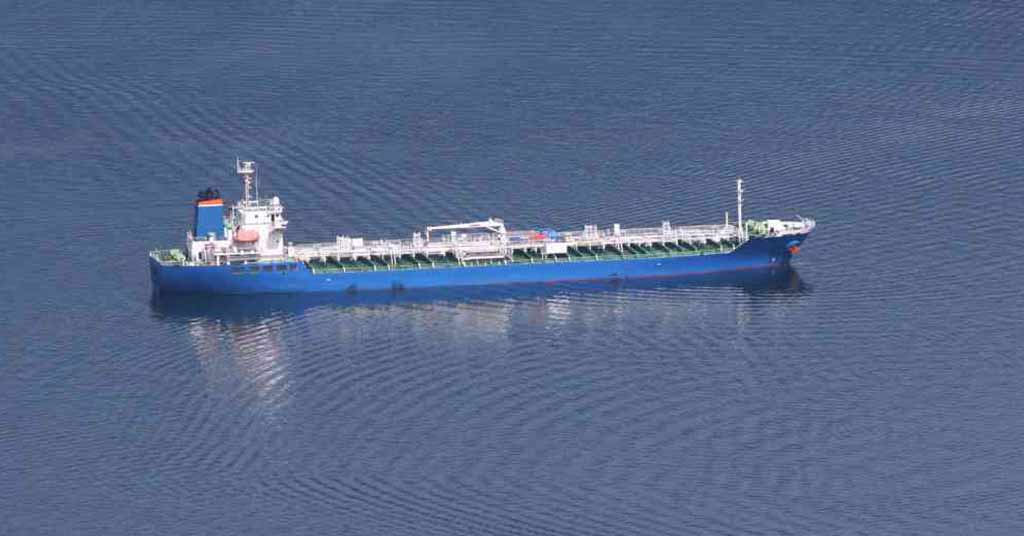Welcome To ChemAnalyst

SRC Group has achieved Approval in Principle from Lloyd's Register for its innovative retrofit methanol storage solution, marking a significant milestone in the adoption of methanol as a marine fuel. This approval signifies that there are no major conceptual issues hindering the solution from obtaining classification approval and meeting regulatory compliance.
The Methanol Superstorage solution offers a space-efficient and practical approach for retrofitting existing ships with methanol storage capabilities. This development holds the potential to enable older vessels with years of service ahead to transition to methanol as a marine fuel. Methanol is considered a frontrunner in addressing the International Maritime Organization's (IMO) stringent targets to reduce greenhouse gas emissions from ships, aiming for a 20% reduction by 2030 and a 70% reduction by 2040 (compared to a 2008 baseline). In comparison, other emerging technologies such as hydrogen fuel and carbon capture are expected to take several years to mature before they can contribute significantly to achieving the IMO's net-zero emissions target by around 2050.
According to reports from Clarksons, approximately 14% of the tonnage on order in the maritime industry is methanol-capable, a figure that lags behind liquefied natural gas (LNG) with a 22% share. Analysts estimate that as many as 1,200 ships could be powered by methanol by 2030. However, it's worth noting that methanol, while fitting within the net-zero emissions framework and being relatively easy to store and handle, requires twice the volume to produce the same energy as heavy fuel oil (HFO). This presents a significant storage challenge onboard ships, particularly because low flashpoint fuel tanks traditionally necessitate the use of cofferdams.
The challenge of retrofitting methanol storage is particularly acute because even relatively modern existing ships were not originally designed with methanol retrofitting in mind. The Methanol Superstorage solution overcomes the cofferdam issue by employing Sandwich Plate System Technology to construct tank walls, resulting in an impressive increase in volume efficiency, up to 85%. Importantly, this gain in storage capacity can be achieved with minimal disruption to the ship's general arrangement.
Hannes Lilp, CEO of SRC Group, emphasized the potential of methanol as a marine fuel to reduce greenhouse gas emissions rapidly due to its long-established use in other industries, availability, and performance. Methanol Superstorage leverages the proven SPS Technology system, which replaces cofferdams with a 25mm thick SPS barrier to protect the tank from fire and act as a triple barrier against leakage.
SRC Group, an Engineering, Procurement, Construction, and Installation (EPCI) service provider with extensive experience in complex maritime and offshore refits, developed the Methanol Superstorage solution to ensure that existing ships can actively participate in the energy transition. The Approval in Principle for the design documents related to this concept opens the door for wider industry acceptance and adoption.
The SPS Technology Sandwich Plate System is a well-established, A60 fire-rated structural composite that has been used in maritime and offshore applications for over two decades, earning approval from all major IACS class societies for a range of applications. SRC Group is prepared to provide comprehensive EPCI services, integrating the Methanol Superstorage solution from the bunkering station to the high-pressure pump, ensuring a seamless transition to methanol as a marine fuel.
We use cookies to deliver the best possible experience on our website. To learn more, visit our Privacy Policy. By continuing to use this site or by closing this box, you consent to our use of cookies. More info.
